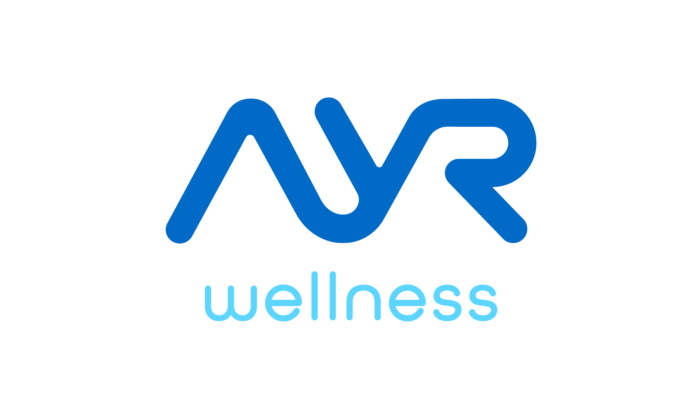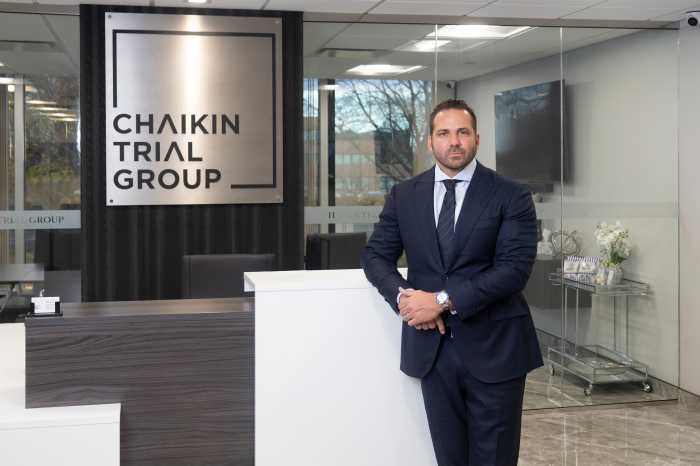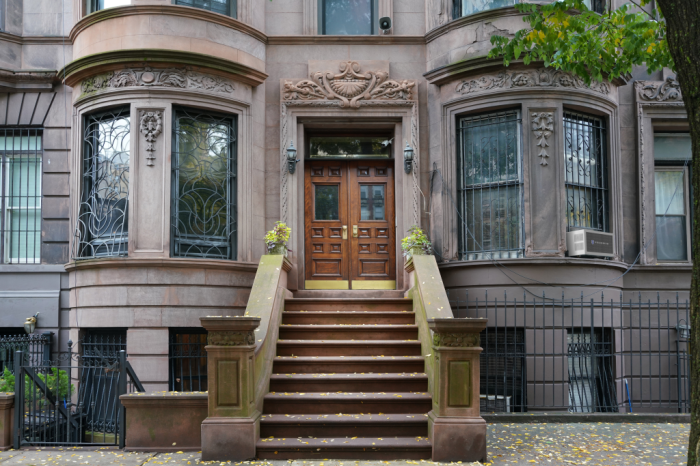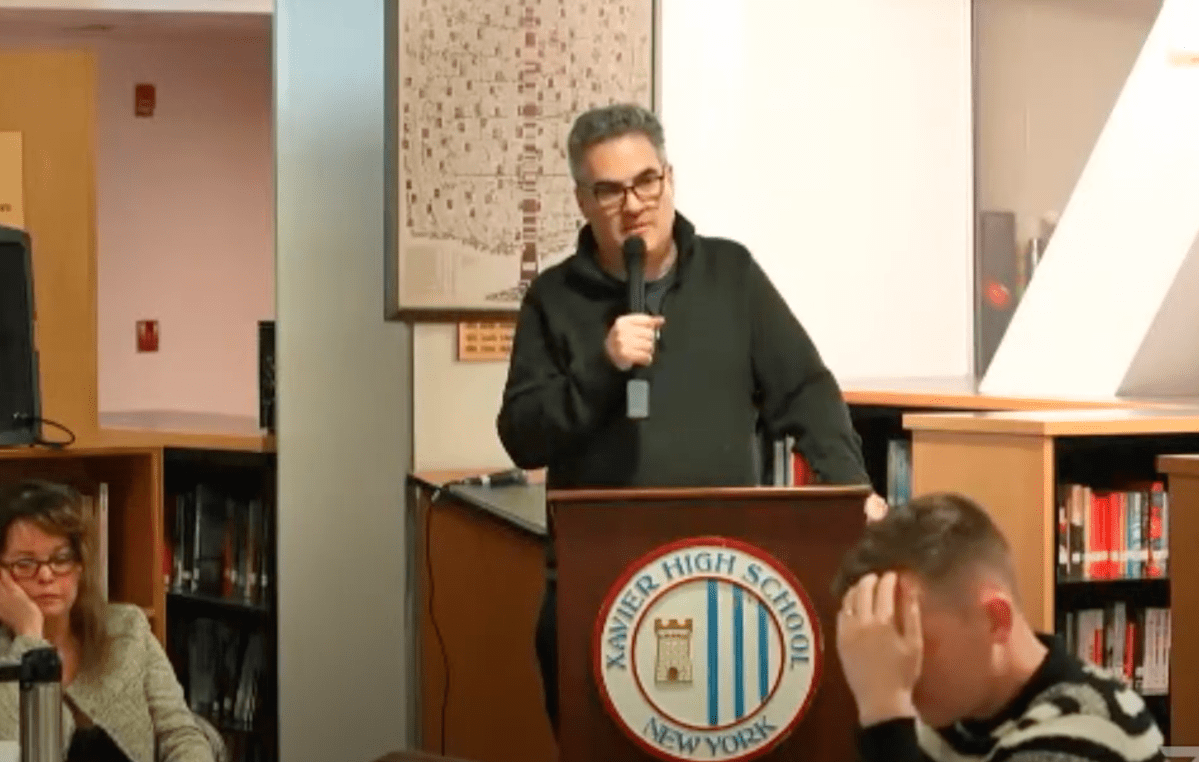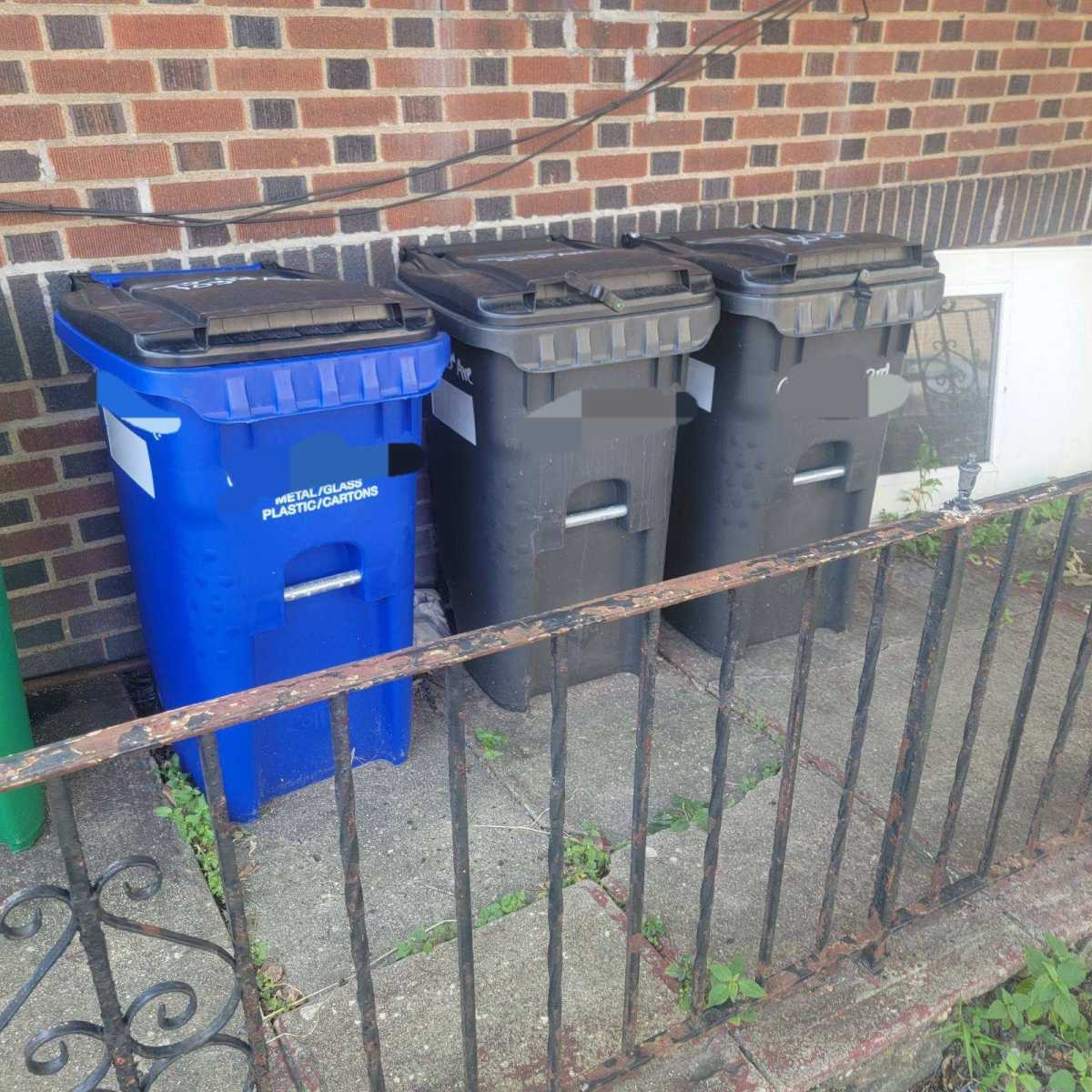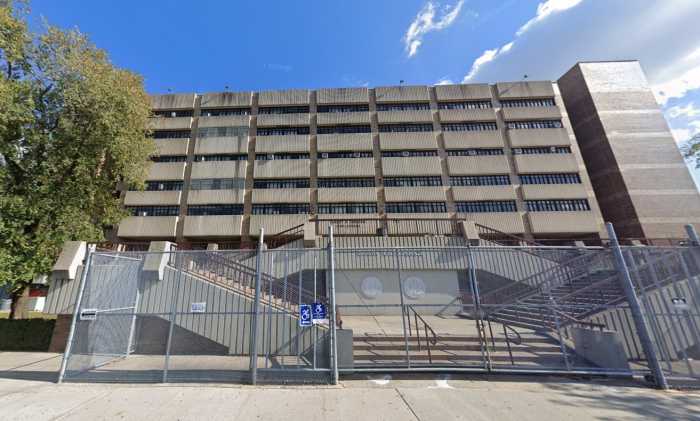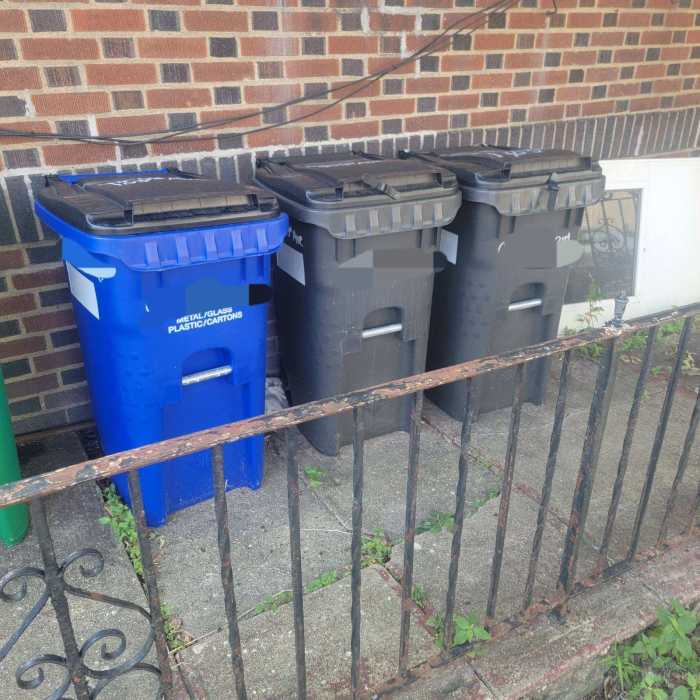While the legalization of cannabis is helping to reduce the stigma associated with it and provide legal protection for individuals who use it, it has not erased the trauma and harm caused by past draconian policies.
A child whose parent was incarcerated for cannabis possession experiences a range of emotional and social challenges — including housing instability and food insecurity.
Even after cannabis legalization in New York state, individuals who were previously incarcerated for possession or distribution continue to face lingering consequences of their prior arrests. This includes difficulty finding employment, obtaining housing, or accessing other resources to develop and maintain a stable and healthy life.
In order to help support children of parents impacted by past cannabis policies, organizations are working to provide support services such as counseling and mental health care, financial assistance and education to help the affected youth understand their rights and advocate for themselves and their families.
One such group is the Cultivated Community Foundation (CCF), which is advocating for cannabis education programs in schools to create a more informed and supportive environment and to promote healthy decision-making and reduce the risk of harm associated with cannabis use.
Educating youth about cannabis can have a significant impact on their behavior, attitudes, and perceptions related to the drug.
Many of these programs are new and evolving, and the legal landscape around cannabis is constantly changing. Students interested in pursuing cannabis-related education should do their research to ensure that they are getting accurate and up-to-date information.
Esther Lelievre, one of the founders of CCF, is a youth cancer survivor and now a cannabis advocate; her first experience in learning about pharmaceutical distribution to the public was as a manager for a Rite Aid store in Brooklyn.
Lelievre’s curiosity about the legalization of cannabis and her knowledge of how it can be used for medicinal purposes drove her interest in her son’s school’s issues related to cannabis use.
Some of the school’s students had bad experiences watching parents serve time in jail for cannabis possession, others were curious as to why their grandparents now use CBD to help them with sciatica pain. These same students had questions about the legalization of cannabis and the confusing dialogue that surrounds it.
Debunking and destigmatizing legal and medicinal use of Cannabis will take patience, understanding and education.
CCF saw the need for more social service work to help students and communities like her own to better understand this complex, burgeoning industry.
CCF came up with a plan to implement an educational plan through the NYS education system.
Lelievre and her partners began by creating an educational workshop at a Brooklyn school for students and parents to better understand what they didn’t know about cannabis and the results were as expected.
The principal saw a reduction of cannabis use amongst its students; the school faculty felt more comfortable discussing the subject with their students; and parents learned how to have meaningful conversations with their kids about cannabis use and its legalization.
Lelievre decided it was time to take a more active role in education, and she ran for and won a seat on the Community Education Council of District 29 in southeast Queens. She now serves as its first vice president, and has continued to work with CCF to better understand and address the concerns parents have about cannabis legalization and use.
Meanwhile, Lelievre kept learning by receiving her certification of completion in the dispensary agent training program and the medical marijuana masterclass training workshop program from Leafy Green Agency. She also became certified as an adult youth mental health first aid.
Lelievre then met some of the folks at Ayr Wellness. Ayr stepped in to help CCF by sponsoring free educational community workshops. And while Ayr has an exceptional social impact and corporate social responsibility plan, they provide CCF with the autonomy to offer communities authentic educational support to help educate the public about cannabis.
CCF plans to increase its training and educational programs by continuing its work with schools, legislation community boards, faith based leaders, religious organizations and communities. In the communities, they are not only going into the schools but also to NYCHA buildings — having candid conversations with them and instilling trust.
CCF claims that they understand what others were told in the past about cannabis, but that they will also tell you what it is right today. There are safe options and different products to explore for different ages such as balms, sprays, tinctures and more.
Providing this information will not only help cannabis to become more normalized, but also prevent underage use, misuse and abuse.
CCF knows that kids need to know about the dangers as well. They might not realize that cannabis might be infused in products that look like a bag of gummy bears or Skittles. Some kids are smoking K2 and Spice, purchased from illegal cannabis vendors on the street and they don’t know how to avoid this.
Teaching children about the harms of using cannabis at a young age, and how to avoid it entirely, is helpful. CCF can teach that awareness for greater safety for youths.
As a mom, Lelievre wants to be the entry point of the conversation with her son and to provide other mothers with the power to be direct links for their children to learn the truth about cannabis and avoid the spread of misinformation.
CCF will continue with its overall goal to provide legislators, schools, students and parents with consistent messaging about the newly legalized cannabis industry in New York state.




